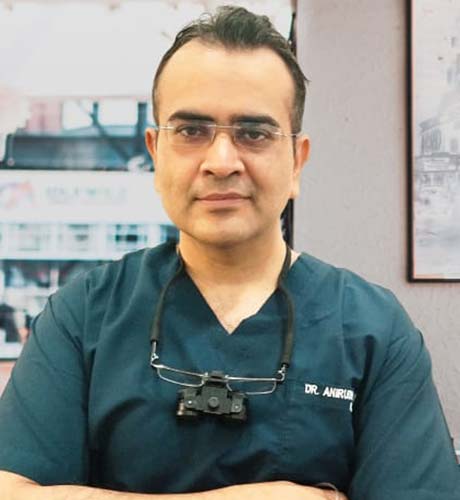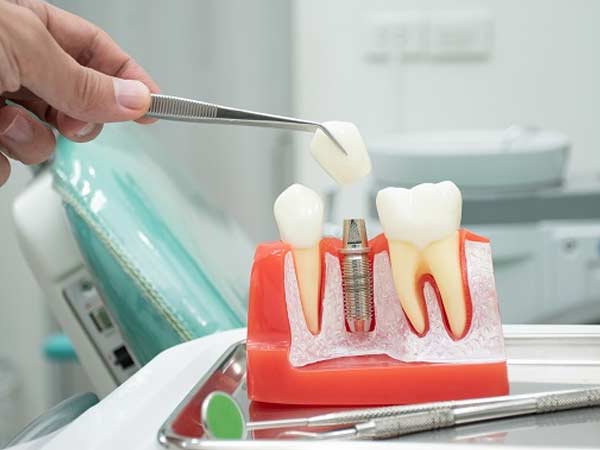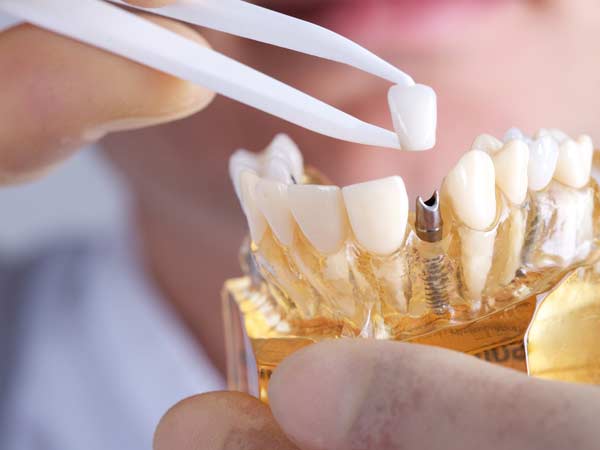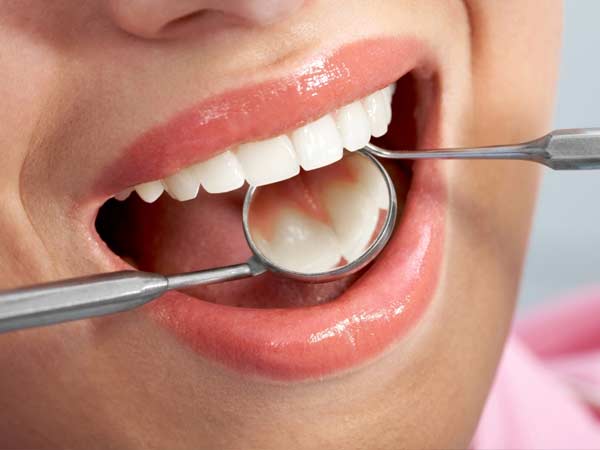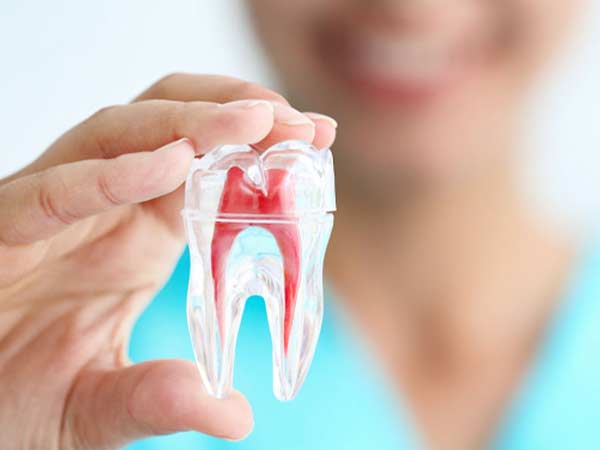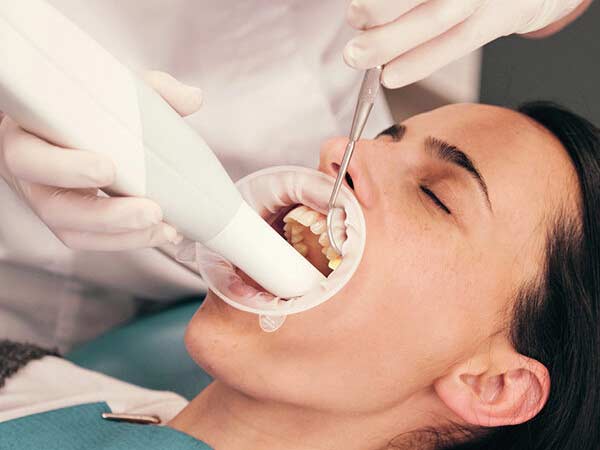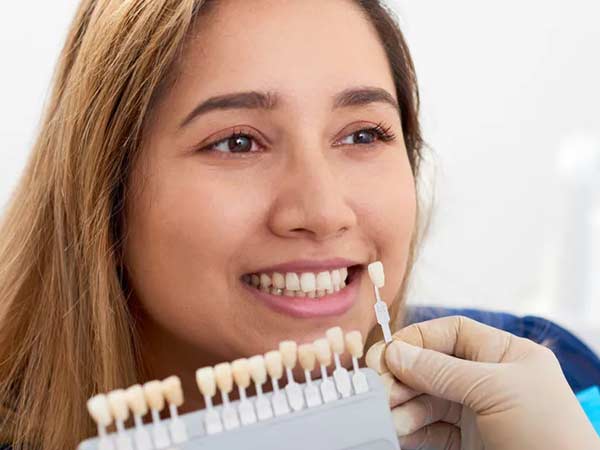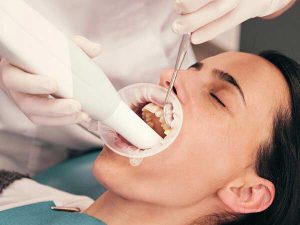 What does a dental cleaning consist of?
What does a dental cleaning consist of?
No matter how well you brush or floss, there are always hard-to-reach areas. A dental cleaning can help you have really clean teeth.
Gum disease is often caused by the buildup of plaque bacteria . The best way to eliminate it is by brushing your teeth twice a day. However, no matter how well you clean your teeth, there will always be hard-to-reach areas that are difficult to keep clean. Bacterial plaque can accumulate in these areas and become mineralized, forming a hard deposit known as calculus or tartar, which cannot be removed by brushing. If not removed, more plaque can build up around the teeth or even under the gums, leading to progression of gum disease.
To reduce the risk of gum disease or to prevent it from getting worse, your dentist may recommend that you have a dental cleaning to get your teeth really clean.
What does a dental cleaning do and why is it important?
While daily teeth cleaning at home is essential to fighting tooth decay and gum disease, it’s not enough to keep your mouth healthy. Professional dental cleanings remove plaque and tartar buildup, smooth tooth surfaces, and polish teeth to remove minor stains.
Even if you brush and floss daily, you can still have a buildup that leads to plaque that hardens into dental calculus, commonly known as tartar. That buildup affects more than your teeth; It can cause inflammation and even infection in the gums. Gum disease has been linked to many other health problems, including diabetes and heart disease!
When you get your teeth cleaned every six months, your dental team can identify potential oral health issues before they become problematic. They can detect early signs of tooth decay, gum disease, and other oral health problems, such as cancer.
What to expect?
Either your dentist or a dental hygienist can do the cleaning.
The first phase of “scaling” involves removing plaque and tartar deposits. An ultrasonic tool is often used to remove most of the tartar, and then other hand tools are used to scrape away any leftovers.
The next phase is to polish the teeth so that the surface is really smooth. Although polishing removes stains and leaves teeth smooth and shiny, it is not just a cosmetic procedure. It also smoothes small imperfections and roughness of the tooth to prevent plaque from adhering to them.
Your dentist will advise you how often you need to have your teeth cleaned. It is important to remember that a professional cleaning is a complement to a good oral health routine and can never replace brushing twice a day with a fluoride toothpaste.
Frequently asked questions
When do i need a dental cleaning?
Generally and as a basis, an annual review must be done, in which the need for dental cleaning is usually very common.
There are patients who do not need it, but it is important to do it when there is a clear accumulation of tartar, which is generally seen on the back of the lower teeth.
Also, when we notice excessive bleeding when brushing or spontaneous bleeding. Therefore, there are patients who need 2 cleanings a year and others who can spend more than a year without having to do it.
Is there a problem if i do more cleanings than necessary?
In principle there is no serious problem, but if it is completely unnecessary, it is better not to do it. When the ultrasound device vibrates on the tooth, it can generate microcracks on the tooth enamel and increase the porosity of the tooth. And with it can increase the presence of stains on the enamel.
Will dental cleaning make my teeth whiter?
The answer is clear, no. Cleaning will leave the teeth clean, that is, it will remove stains and tartar, but the colour of the tooth is generated by the intrinsic colour of the dentin, therefore with a cleaning it is invariable.
What is the difference between “curettage” and dental cleaning?
The so-called “curettage” tries to remove the subgingival calculus, that is, under the gum, so it is always convenient to do it under local anaesthesia, cleaning is usually done without anaesthesia, unless the person has hypersensitivity.
In short, dental cleaning is necessary for the elimination of tartar deposited on the teeth and in this way maintain the health of the gums in order to avoid loss of tooth support.

